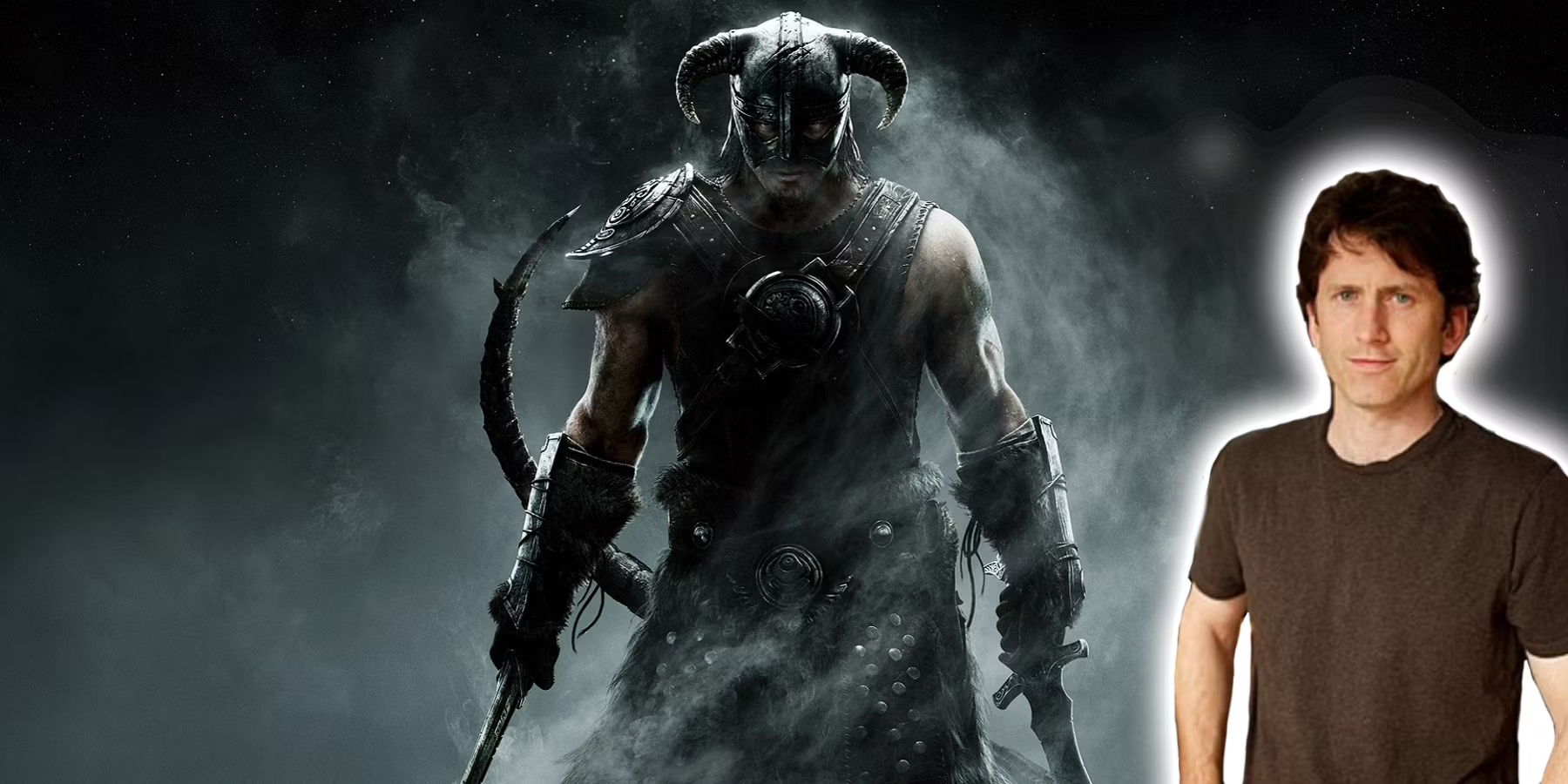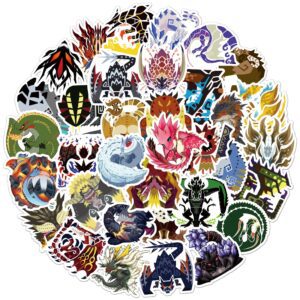On April 17, Jason Schreier announced his official departure from Kotaku. In his statement, Schreier explicitly cited “what happened to Deadspin” as the reason for his exit. However, Schreier leaving Kotaku has generated uncertainty for the site. Schreier’s legacy is filled with many hard-hitting pieces, such as those that callout companies like Bioware and Rockstar. Schreier’s resignation is only the most recent of many, leaving us to wonder: Is Kotaku finally dead?
G/O Media and the Fall of Deadspin
To understand what led to Schreier leaving Kotaku, we must discuss the fall of Deadspin. In 2019, G/O Media purchased Kotaku. G/O Media is the parent company to several sites, including Deadspin, which focuses on sports journalism. G/O Media is operated by Jim Spanfeller—known for running the Forbes website from 2001 through 2009. Spanfeller is a central figure in the discourse surrounding the fall of Deadspin.
In August of 2019, Laura Wagner published an article titled “This Is How Things Work Now at G/O Media”. The exposé discusses Spanfeller and his acquisition of G/O Media in April of 2019. After becoming CEO, his only goal was to make the company profitable. Wagner states this goal would ultimately affect hiring practices and meddle with their subsidiaries’ journalism practices.
Message on Splinter, another one of GMG‘s sites, staff celebrated Banikarim. Many said she challenged them as journalists. She wouldn’t “put up” with anything, including corporate executives. Megan Greenwell, the previous editor-in-chief at Deadspin, described Banikarim as someone who “advocates fiercely for her people and for what’s right.”
When Banikarim was fired, there was no support left for the staff. She inspired and pushed the sites under GMG‘s management to do better. To be better. Her loss was the first nail in Deadspin‘s coffin. Changes were coming across the board, it was only a matter of time before Kotaku felt them.
The Death of Deadspin
G/O Media had put pressure on Deadspin to stop publishing content that wasn’t related to sports, despite it being among the site’s most popular content. Frustrated with G/O Media’s interference, Greenwell announced she would leave the site. The reason for her departure was detailed in her article “Adults in the Room.” Greenwell criticized the ownership and micromanaging of sites by private businesses.
Before her resignation, Greenwell had exchanged emails with G/O Media’s new editorial director Paul Maidment (one of the six new hires by Spanfeller and Banikarim’s replacement). Maidment had asked that Deadspin stop reporting on G/O Media because there was “no credibility” in “[writing] about ourselves.” However, Greenwell allegedly told Maidment that she would not keep writers at Deadspin from reporting on G/O Media. The company also fired other editorial staff who refused to comply with their demand to focus on sports-related content.
The Fallout
Barry Petchesky, who had worked at Deadspin since 2009, replaced Greenwell. However, his time as editor in chief was short. In October 2019, a memo authored by Maidment told Deadspin they could only publish material related to sports. G/O Media fired Petchesky after he refused to comply with the mandate.
Seemingly in retaliation, the entirety of Deadspin’s editorial staff resigned. The fallout was irreparable. Maidment, in a statement to CNN Business, regarding Deadspin: “We believe that reporters and editors should go after every conceivable story, as long as it has something to do with sports. We are sorry that some on the Deadspin staff don’t agree with that editorial direction and refuse to work within that incredibly broad mandate.”
In an act of unity, staff across the sites, including Kotaku, changed their pictures on social media and on author pages to an image that read “GMG Union.” Staff across G/O Media sites are still actively using this bright red graphic. It signifies the ongoing battle between G/O Media and sites like Deadspin and Kotaku. These battles are the reasons for people’s departures, like Jason Schreier. Which in turn lessened the quality of Kotaku’s work.
A statement about our vote of no confidence: pic.twitter.com/zBun2OJvRe
— GMG Union (@gmgunion) January 13, 2020
Despite this unity, the damage caused by the dispute between G/O Media and Deadspin staff has led to the site’s collapse. Since the events in October, Deadspin has yet to fully recover. This is seemingly similarly happening to Kotaku, meaning the writing has suffered.
G/O Media was asking its journalists to change who they were, what they were writing about. Understandably, they said no.
The Fall of Kotaku
Petchesky’s removal was said to be Schreier’s “breaking point.” But Schreier is only the most recent member of Kotaku to leave. In December 2019, Cecilia D’Anastasio announced she would leave the site. D’Anastasio was responsible for covering several investigative stories such as the sexist culture at Riot Games and the suspicious business practices within the eSports industry.
In her “Goodbye Kotaku” article, D’Anastasio says, “Journalism serves its audience first and foremost, and to do right by our readers, modern-day media professionals need to search inside themselves and figure out who they are and what they stand for.” D’Anastasio then links Greenwell’s “Adults in the Room” to emphasize her stance. D’Anastasio and Schreier (who also included Greenwell’s article in his article), make it clear that journalism sites should be serving the interests of the audience, not the demands of G/O Media.
Only a month after D’Anastasio’s resignation, both Joshua Rivera and Gita Jackson also left Kotaku. In their “Goodbye” piece, Jackson says Spanfeller has made it “impossible” to continue working at the site. Jackson then mentions the firing of Petchesky, and Spanfeller’s poor treatment of Deadspin and Kotaku’s writing staff as part of her frustration. She goes on to say “[Spanfeller] won’t take responsibility for [Deadspin’s] closure even though it comes from his really awful management decisions…” Both Jackson and Rivera emphasize that there is a lack of support for writers under Spanfeller’s management.
Solidarity
What’s more, Jackson spoke a lot about the lack of racial diversity in games journalism. She valued contributing to the inclusion of women of color in the industry. When Spanfeller fired the executive staff at GMG and filled those positions with white male colleagues. He ensured that minority staff across the sites had no seat at the table. There was no representation. There was no concern for their needs.
This treatment of staff changed the culture at places like Kotaku, meaning from the top down their writing has been changing. With that we’re met with questions of whether or not they are still worth their salt.
Lazy Journalism
Beyond the problems caused by G/O Media, Kotaku has a recent history of publishing lazy content. Content that seems almost deliberate in its approach to annoy readers. Or to even be downright unpolished. In Schreier’s resignation article, he celebrated Kotaku for their “editorial freedom,” and allowing for the creation of “silly” content. This includes complaining about how Cloud is incapable of closing doors in the Final Fantasy VII Remake or that the same game’s “easy” difficulty setting being too easy.
In a compelling example of journalism excellence: “Final Fantasy VII Remake’s water mode is way too wet”
— Dylan Sprouse (@dylansprouse) April 10, 2020
In an article originally titled “Final Fantasy VII Remake’s Easy Mode is Way Too Easy,” Kotaku criticizes the game’s difficulty settings. According to the author, there is a large gap between the “Easy” and “Normal” difficulty settings. So much so that it alters the style of combat. While this is frustrating, it’s hardly worth writing or even reading about.
The sensationalism of the article’s original headline is also worth noting. Twitter users poked fun at the headline after it was shared on Kotaku‘s social media. Even after the title was changed, the damage was done. The sloppy headline acts as an example of the site’s continued carelessness.
In another article about Final Fantasy VII Remake, a writer spends just over 100 words gushing over the game’s air conditioners. In fact, most of the article’s length comes from tweets shared by players on their personal Twitter accounts. To make matters worse, there is a glaring error in the first sentence of the article. Low effort articles like these foreshadow Kotaku’s bleak future. As the site continues to produce uninspired content, it cements in their readers’ minds that Kotaku is dying.
Is Kotaku Finally Dead?
Kotaku is dying. It, along with Deadspin, is a victim of a major corporation. That only cares about earning potential. As major contributors jump ship, the site will only continue to fill with fluff pieces that lack inspiration or personality. But they are not responsible for the fall of Kotaku. G/O Media is. Stepping away from Kotaku is an act of solidarity and integrity. Kotaku is in dire need of cultural change if it is to survive.
For more information on Kotaku, check out “Jason Schreier to Leave Kotaku.” Let us know what you think about Kotaku in the comments or on Twitter @thecognetwork. As always, thanks for reading COG!












